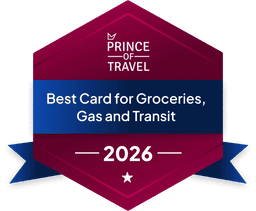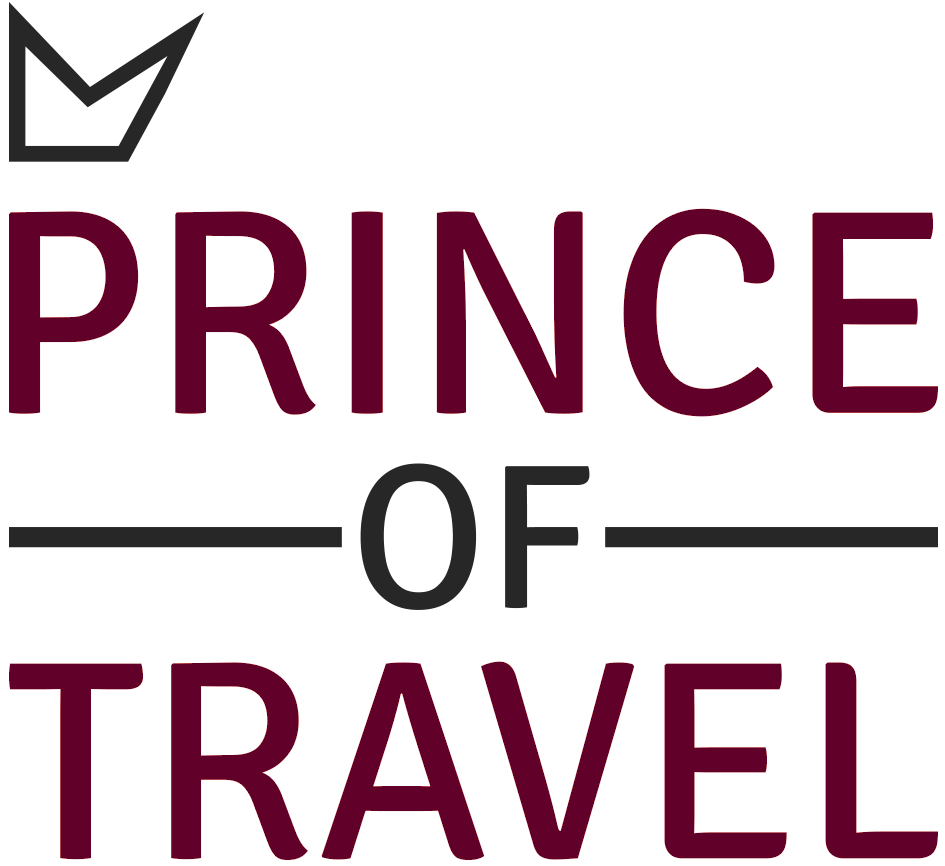Canada Reneges On Testing & Africa Travel Restrictions

Canadian travel restrictions have been ever-changing the past couple weeks: from removing the COVID-19 testing requirement for trips of less than 72 hours to introducing travel bans for several Southern African countries, to re-introducing on-arrival COVID-19 tests.
On this front, the latest news is twofold: the testing requirement for short trips will once again be reimplemented, while the travel ban on African countries will soon be removed.
COVID-19 Testing to Be Required for Short Trips
Since November 30, the COVID-19 testing requirement has been relaxed for all international travellers who have been away from the country for less than 72 hours.
Of course, that rule had been introduced when COVID-19 rates were decreasing across the country, and before we learned of newest Omicron variant.
However, as of December 21, 2021, international travellers who have left the country for less than 72 hours will no longer be exempt from COVID-19 testing. The exemption will have been in place for exactly three weeks.
To expand on this, the COVID-19 molecular test will need to be performed in a country other than Canada.
Before the exemption was introduced, it was actually allowed to perform the test that you’d use to re-enter Canada while you were in Canada – there was even an option in the ArriveCAN app that allowed you to select Canada as where your pre-arrival test was done.
Make no mistake, this will soon act as a major roadblock for Canadians making short trips abroad, considering that molecular tests often have a turnaround of a minimum of 24 hours. Those who embark on day trips will either have to pay for a rapid-turnaround PCR test or take a RT-LAMP molecular test instead, which has a much quicker turnaround within the hour.
However, RT-LAMP tests are not as common as PCR tests, and are more difficult to locate. The good news is that they’re frequently available in the United States at Walgreens and CVS: but again, you must be diligent in checking whether the local pharmacy offers this kind of COVID-19 testing.
Still, on a day trip, I consider having to drive to Walgreens and take a drive-through test quite bothersome, and I’d view this as a major roadblock for those popular shopping trips to places like Buffalo, Seattle, or Niagara Falls, NY.
Whereas it was briefly possible for Canadians to embark on test-free weekend trips to, say, Mexico for the first three weeks of December 2021, now you’ll probably want to bring along a Switch Health COVID-19 RT-LAMP Test Kit to guarantee a quick turnaround.

Travel Ban on African Countries Ending
As of December 18, 2021, Canada will be dropping its the travel ban on ten African countries: Botswana, Egypt, Eswatini, Lesotho, Malawi, Mozambique, Namibia, Nigeria, South Africa, and Zimbabwe. This is a quick reversal of an ill-considered original policy, which I find quite encouraging to see.
From the beginning, the World Health Organization (WHO) took the stance that closing borders does not protect against new variants being imported and spreading within a country. Indeed, that’s exactly what has occurred here in Canada as well as many other countries around the globe.
The lifting of the travel ban means that all travellers arriving in Canada from one the aforementioned African countries no longer have unique testing requirements such as taking a COVID-19 test at their final transit point. They can now enter with any approved test as long as it was taken in the last 72 hours of departure of their final leg, the same as all international travellers.
It’s worth noting that Canada is one of the first countries to drop its travel ban on African countries so far, following the United Kingdom.
The Current State of Travel
Also worth noting this week, Canada has once again put in place a Level 3 Travel Advisory advising against all non-essential travel.
Just as in March 2020, this does not prevent anyone from exiting Canada. Rather, the most practical implications lie with your insurance policies — emergency medical insurance from credit cards, for example, are conditional on there being no such travel advisories in place.
For those planning to push ahead with international travel around Christmas, make sure you have travel insurance either through work, school, or a separately purchased policy.
Keep in mind that on-arrival COVID-19 testing continues to be required for all travellers arriving from anywhere other than the United States. Meanwhile, those arriving from the United States may be selected for random testing at a higher frequency than before.
As we’ve reiterated many times, while it’s understandable to see tighter travel policies in recognition of the emerging Omicron variant, the travel industry contributes much less to the variant’s spread than what’s often attributed to it in public discourse.
For governments, the focus should remain on rolling out booster shots for the general populace and vaccinating the entire globe, in order to minimize the impact of the Omicron variant and prevent more dangerous variants from forming.
Conclusion
It’s good to see Canada removing the travel ban from Southern African countries, given the prevalence of the Omicron variant all around the globe now.
Meanwhile, another new travel policy that has been revoked is the exemption of COVID-19 testing for international trips of less than 72 hours. Beginning December 21, 2021, all travellers must present a COVID-19 test taken within the last 72 hours to re-enter Canada, and the test must be taken in a foreign country.
While the story of travel in 2021 ends on a relatively muted note, it’s important that we all do our utmost to keep each other safe this holiday season so that we can look forward to a gradual return to normal in 2022.

First-year value
$336
Monthly fee: $15.99
• Earn 1,250 points per month upon spending $750 per month for 12 months
Earning rates
Key perks
- Transfer to airline and hotel partners

Monthly fee: $15.99
• Earn 1,250 points per month upon spending $750 per month for 12 months
Earning rates
Key perks
- Transfer to airline and hotel partners





